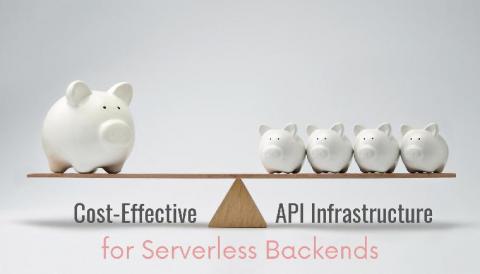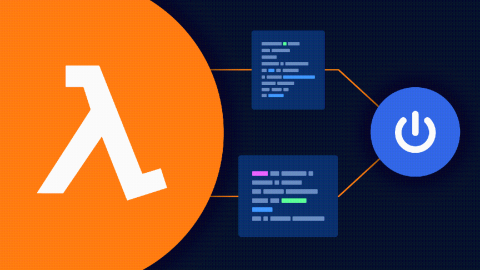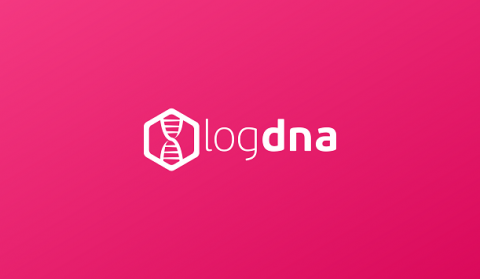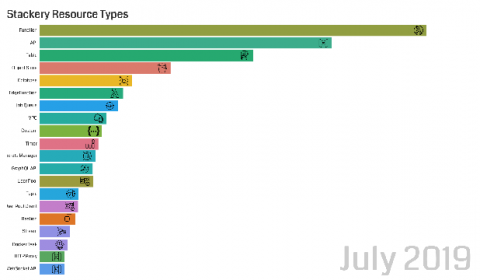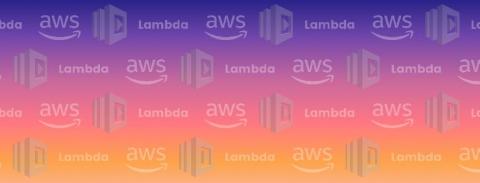How to Debug AWS Lambda Performance Issues
Ten years ago, Amazon found that every 100ms of latency would cost them roughly 1% in sales. This is a pretty clear statement on the importance of user experience! It’s especially true in today’s ultra-competitive market where the cost of switching (to another provider) for consumers is lower than ever. And one of the most common performance issues in serverless architectures is related to elevated latencies from services we depend on.



